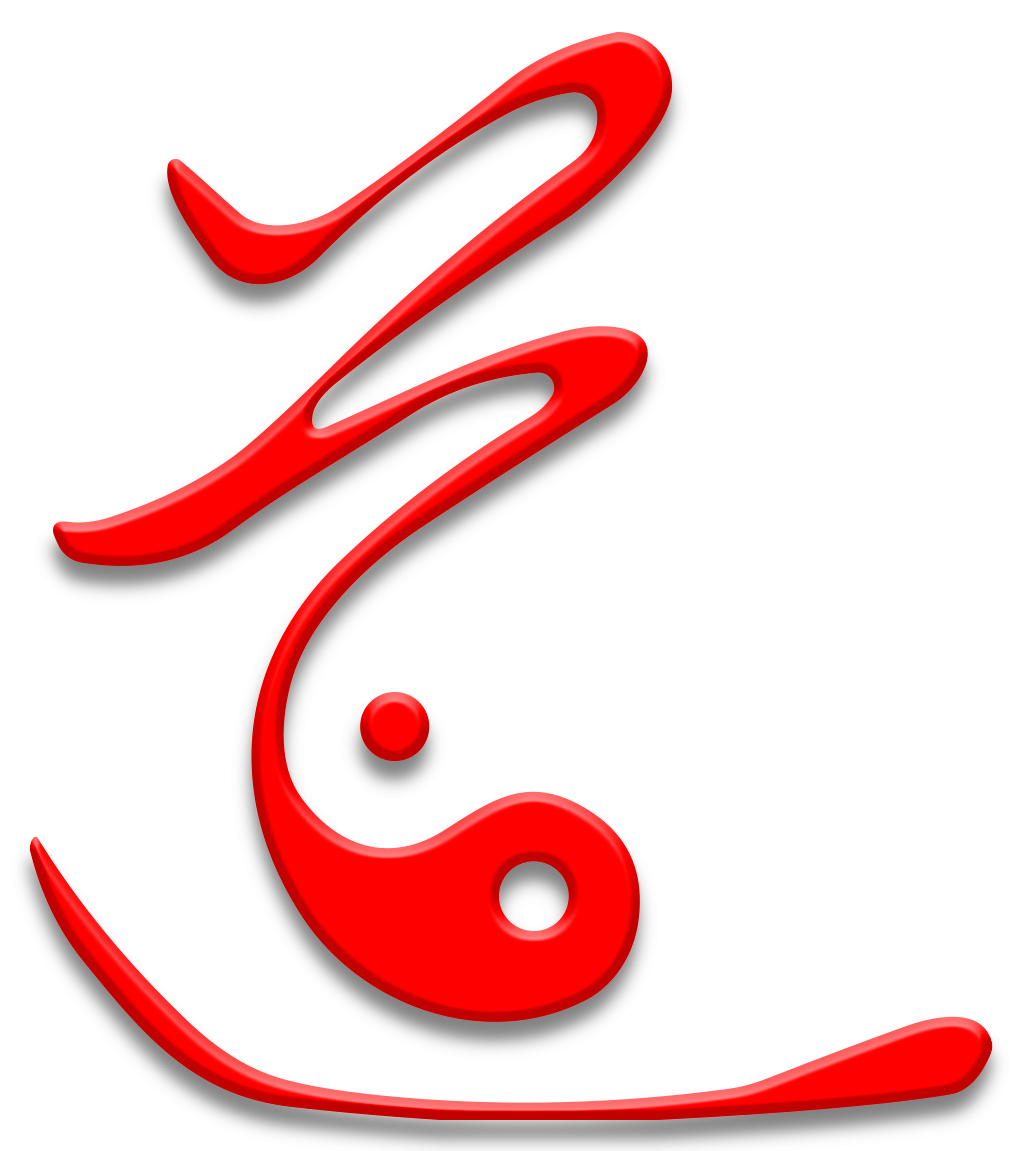Daoist ethics is rooted not in external rules or obligations, but in the intuitive and natural alignment with the Dao (道). Rather than prescribing a strict code of behavior, Daoist ethics invites practitioners to cultivate a way of being that flows in accordance with the rhythms and patterns of the natural world. It is an ethic of non-coercion, humility, simplicity, and non-action (wúwéi 无为).
For those undergoing the crucible of change as a cultivationist, self-evaluation of values and a touchstone for ethics can be that torch. Our Code of Ethics for a Medical Qigong Practitioner is inspired by the oath of Sun Simao (circa 652 A.D.), who was a Daoist adept, physician and scholar.
At the heart of Daoist ethical thought lies the principle of ziran (自然), often translated as naturalness. To be ethical in the Daoist sense is to live authentically and simply, without artificial interference or forceful striving. This stands in contrast to Western or Confucian ethics, which emphasize ritual, social roles, and moral cultivation through education and self-discipline. Daoism instead trusts that the human being, when not distorted by excessive desire, emotion, or social conditioning, naturally inclines toward harmony, compassion, and balance—just as water flows downhill and trees grow toward the light.
Non-action (wúwéi 无为) or effortless action is also central to Daoist ethics. It does not mean passivity or laziness, but rather acting in a way that is attuned to the situation, with minimal resistance and no ego-driven interference. Ethical behavior, from this perspective, is not the result of following rules but arises spontaneously from a state of inner harmony and alignment with the Dao.
In Chapter 18 of the Daodejing (道德经), Laozi warns against rigid moralism and social control, stating that when the Dao is lost, morality and law arise to compensate. This does not mean that Daoism rejects moral behavior, but rather that it sees moralism as a symptom of disconnection from the deeper source of order—the Dao itself. Ethical harmony is seen as a natural byproduct of living in accordance with the Way, not something to be enforced from the outside.
Due to the nature of the disciple needing to return to this level of harmony, the inner light can be given a torch to guide the way. Thus, as the alchemy removes the mundane and reveals the inner light, a restoration to this method of ethics is restored.
For those undergoing the crucible of change as a cultivationist, self-evaluation of values and a touchstone for ethics can be that torch. Our Code of Ethics for a Medical Qigong Practitioner is inspired by the oath of Sun Simao (circa 652 A.D.), who was a Daoist adept, physician and scholar.
Below is a link to my offering on the subject of our responsibilities and actions for self and in Medical Qigong.
